Remarks to the press by Ambassador Matthew Rycroft, UK Permanent Representative on Libya and DPRK
Looking forward to the consultations with Mr Salamé, the new Secretary General’s Special Representative on Libya. He’s off to a very good start by all accounts, reaching out to everyone in Libya. And I expect he will be telling us about plans for the UN General Assembly high level week where there will be significant emphasis on Libya. Our top message is one of unity, to make sure all Libyans come together at this difficult time, put their divided path behind them, and unite in order to defeat terrorism, to tackle the challenges of migration, and to make sure there is a government of Libya fully able to provide the services that the people of Libya need. It was with that in mind that the British Foreign Secretary, Boris Johnson, visited the country last week. He was not just in Tripoli, he also went to Benghazi and met Field Marshal Hafter, and Misrata, stressing the need for everyone to come together and to amend the political agreement in a way that Ghassan Salamé will lead.
Ambassador, a question on DPRK. South Korea has said that there appears to be preparations for a 6th nuclear test. Is it your understanding, or Britain’s understanding, that these are new preparations? Is a test imminent?
Well there are constantly preparations and speculation like that and we will need to be ready to respond if there is to be a future test. We condemn it unreservedly. We call once again on the regime in Pyongyang to desist from these sorts of provocations which are hugely destabilising, not just to their own region but now to the whole world.
On Libya, there’s been some controversy by countries working with the Libyan navy or coastguard to limit migration to Europe. Is this work being co-ordinated through the UN? Through the Security Council? What’s the UK doing, in terms of anti-refugee flow or migrant flow?
The UK is working to support the Libyan authorities and building up their capacity, including in relation to the coastguard. They have a crucial role to play in managing illegal migration. And we are very proud to be working with Prime Minister Serraj and others in that direction.
But do countries co-ordinate it through the UN? That is my question
Yes, countries do co-ordinate and there is an important role for the UN in doing that.
Ambassador, do you think there will be any kind of reaction from the Security Council for the failed missile launches from DPRK at the weekend?
We are talking to our colleagues on the Council about that. I don’t think there will be an Emergency meeting or anything like that because as you say, they failed, and so they don’t meet the threshold for a big response but we do need to monitor their impact. As I’ve said before even failed launches, and failed tests, do allow the DPRK regime to learn something about their missile and nuclear programmes.







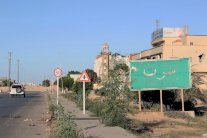

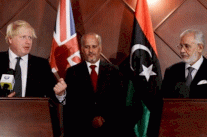
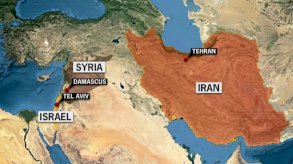
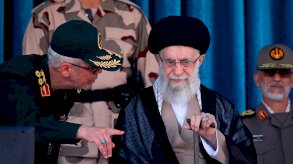
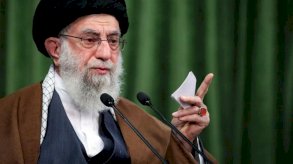

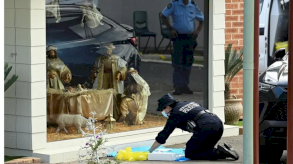
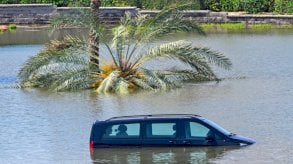


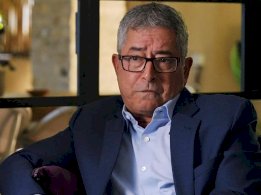
التعليقات